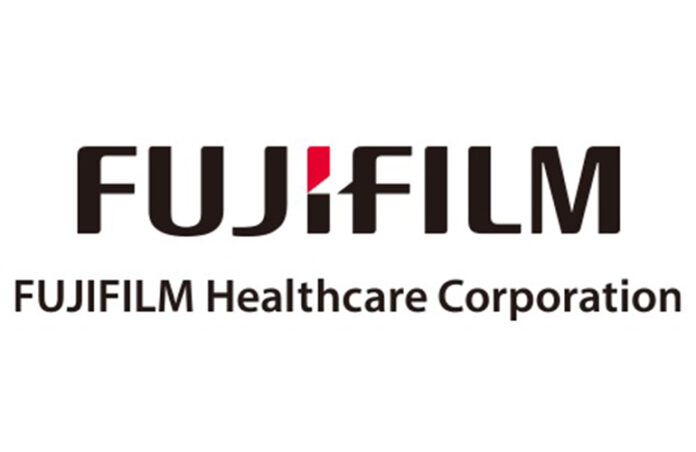LEXINGTON, Mass.– FUJIFILM Healthcare Americas Corporation, a leading provider of diagnostic and enterprise imaging solutions, has partnered with PRECIDX, a healthcare data optimization company, to integrate Fujifilm’s Synapse® Pathology solution with the PRECIDX Optimization Platform (POP). The collaboration is designed to reduce digital pathology file sizes by up to 85 percent, lowering storage costs for providers, improving workflow efficiency, and expanding access to critical patient data.
Whole-slide images in digital pathology are often massive, ranging from 2 to 4 gigabytes per slide—the size of a high-definition movie. With large laboratories generating thousands of images per day, storage volumes can quickly reach petabytes, resulting in multimillion-dollar annual costs for healthcare systems. By combining Synapse Pathology’s digitization and case management tools with PRECIDX’s compression and optimization technology, laboratories can significantly reduce storage demands while maintaining diagnostic quality.
“The benefits of digital pathology are numerous—including increased efficiency, speedier diagnoses and enhanced remote access. However, the high storage costs of digital slides remain one of the major challenges for providers who have transitioned to digital as well as a barrier to adoption for others,” said Dr. Mark Lloyd, vice president of digital pathology, FUJIFILM Healthcare Americas Corporation. “We’re elated to partner with PRECIDX, an innovator in the data optimization space, to address this concern with a robust technological advancement. Our joint technology solution offers a major opportunity to make digital pathology far more feasible for health systems that need to be conscious of the total cost of ownership of a digital pathology system.”
Clinical validation of the combined solution will be presented at the Pathology Visions conference, taking place October 5–7, 2025, in San Diego. Hoag Health System, the highest-ranked hospital in Orange County, California, by U.S. News & World Report, will share results showing that Synapse Pathology and POP dramatically reduced file sizes while maintaining diagnostic reproducibility. Dr. David Braxton, Chief of Molecular Pathology Services at Hoag Family Cancer Institute, will present Hoag’s findings during a poster session on October 5.
“A key barrier in the wider spread adoption of digital pathology is the significant cost of storing multi-gigabyte whole slide digital images. The POP has achieved a great milestone in addressing this concern, all while maintaining diagnostic reproducibility,” said Dr. John Cupp, director of digital pathology, Hoag Health System.
“Precidx’s solution for optimizing digital pathology whole slide transmission and storage opens the door for transforming pathology process workload from the early 20th to the 21st century, accelerating the timely flow of critical information for patient care,” said Dr. Michael N. Brant-Zawadzki, vice president of Hoag Health System and executive sponsor of the Center for Accelerating Technology and Life Sciences Translation (CATALiST).
“Digital pathology holds immense promise for transforming healthcare by enhancing diagnostic accuracy, driving precision medicine, and improving patient outcomes,” added Kenneth Tang, chief executive officer and co-founder of PRECIDX. “Our partnership with Fujifilm, a recognized leader in the space, enables us to enhance their best-in-KLAS Synapse Pathology system with our proprietary data optimization solutions. Together, we’re tackling the storage cost challenge head-on and poised to be a true gamechanger for the digital pathology industry.”


